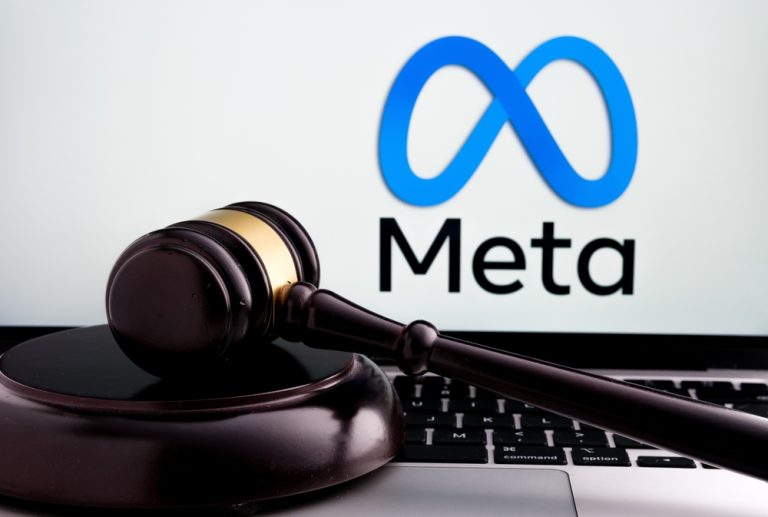WhatsApp’s Legal Challenge to UK Home Office
Mark Zuckerberg’s WhatsApp has intervened in a case challenging the UK Home Office’s attempt to force Apple to create a backdoor in its encryption technology. The private messaging service argues that the Home Office’s demand would set a dangerous precedent and undermine data protection standards. This case centers around an order issued by the UK government requiring Apple to break an advanced encryption feature for iPhone back-ups.
WhatsApp’s Concerns and Legal Standpoint
WhatsApp’s head, Will Cathcart, expressed concerns over the UK’s secretive demand, asserting that liberal democracies should prioritize the best security for their citizens. WhatsApp is fighting the legal request, stating that the order would undermine encryption and potentially encourage other nations to compromise the privacy of users’ communications. The company is adamant about defending people’s right to private online conversations.
Apple’s Response to the Order
Apple is actively challenging the “technical capability notice” from the Home Office, which was issued in January. The notice orders Apple to install a backdoor into its encryption system, which Apple vehemently opposes. The company has made it clear that it will never create backdoors or master keys to its products, despite the legal pressure to do so. Apple also warned that complying with the order could jeopardize its core commitment to data security.
Global Repercussions of the Dispute
This legal battle has garnered significant attention worldwide. Criticism has come from both sides of the Atlantic, with U.S. figures like former President Donald Trump and Tulsi Gabbard decrying the UK’s demand. The case has sparked concerns about global privacy, data security, and the potential for governments to undermine encryption technologies.
Legal Developments and Tribunal Ruling
In April, the Investigatory Powers Tribunal ruled against the Home Office’s attempt to keep the case entirely secret, a decision that marked a victory for transparency. The court ruled that some details of the case could be made public, despite national security concerns raised by the Home Office.
Privacy and National Security Debate
The Home Office has long argued that encrypted communications make it harder to combat terrorism and prevent child abuse. However, critics, including U.S. lawmakers, contend that such demands jeopardize global privacy and security. The UK government maintains that the powers it uses to demand such encryption backdoors are for exceptional cases and are tightly regulated.






















